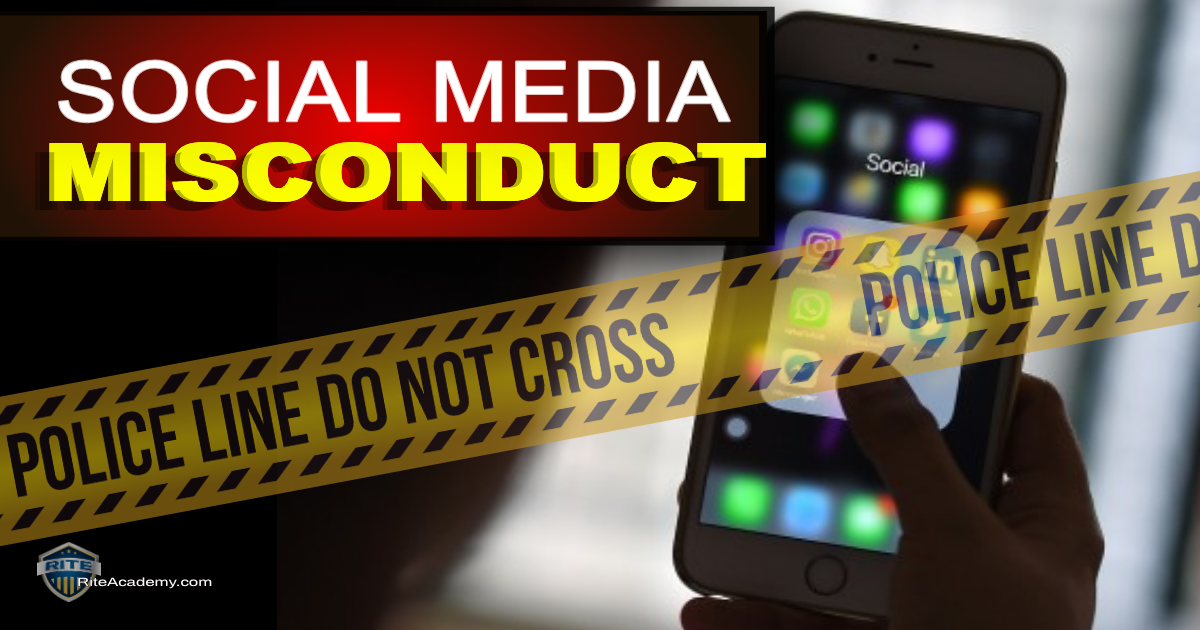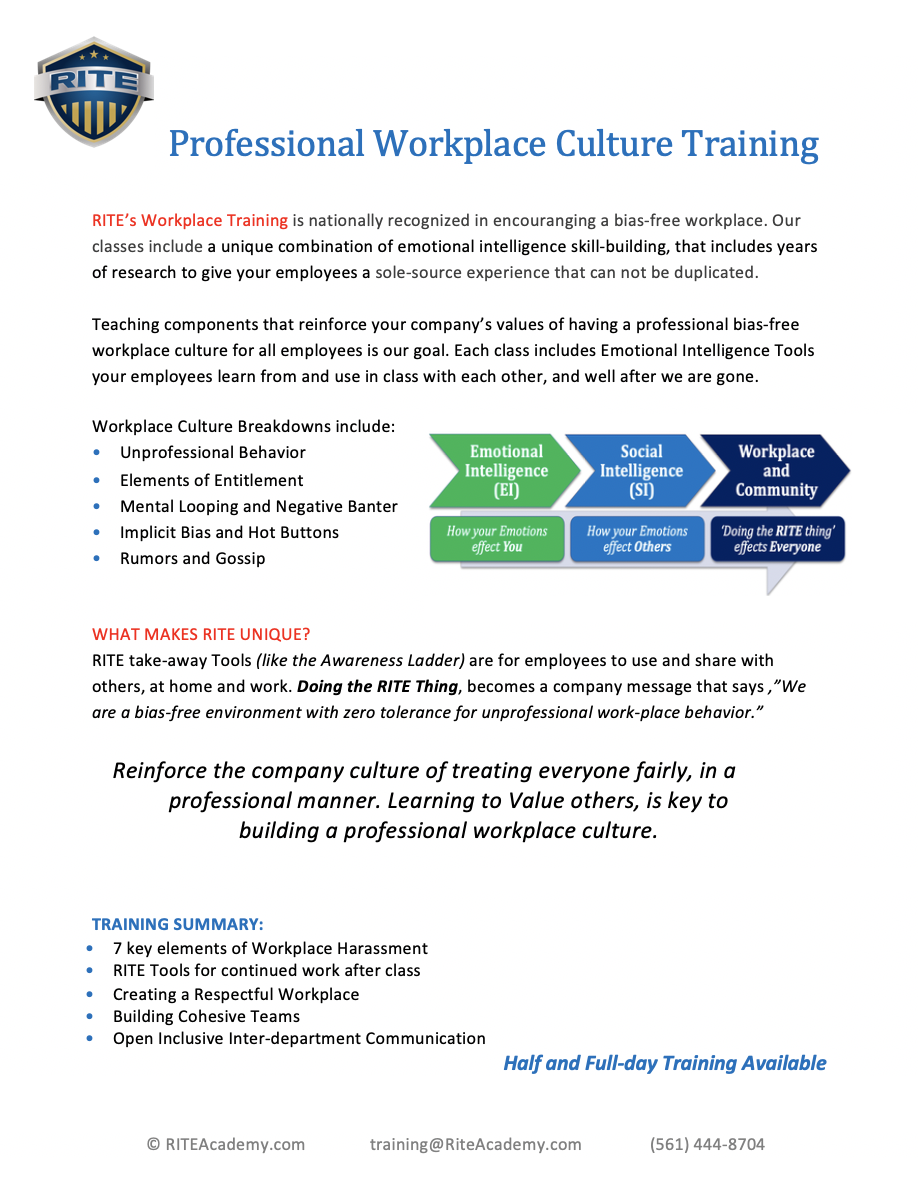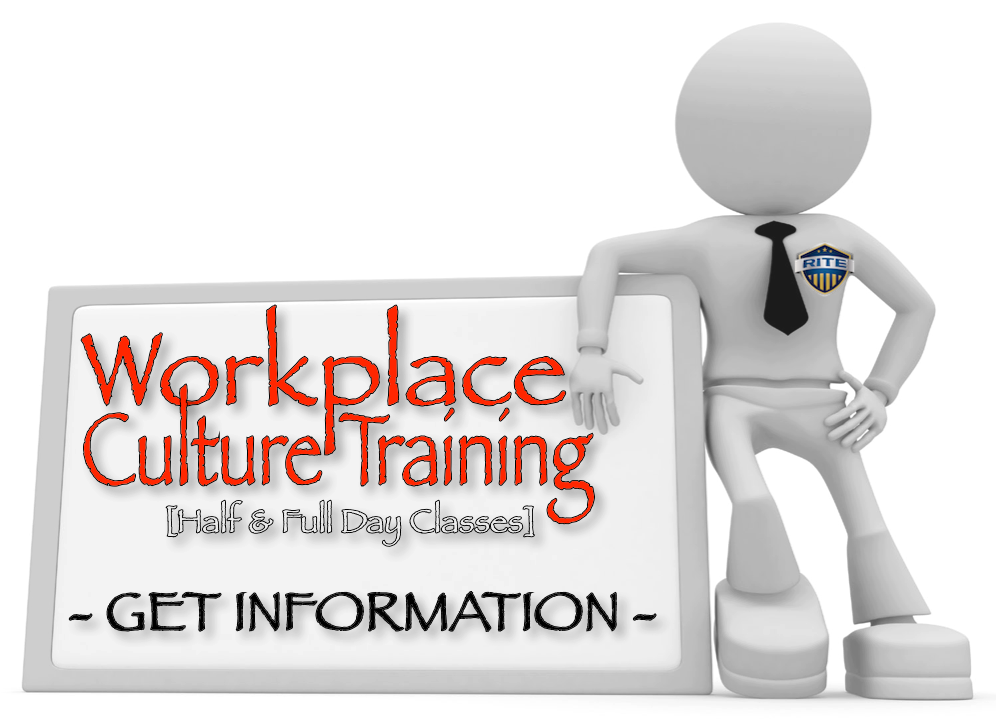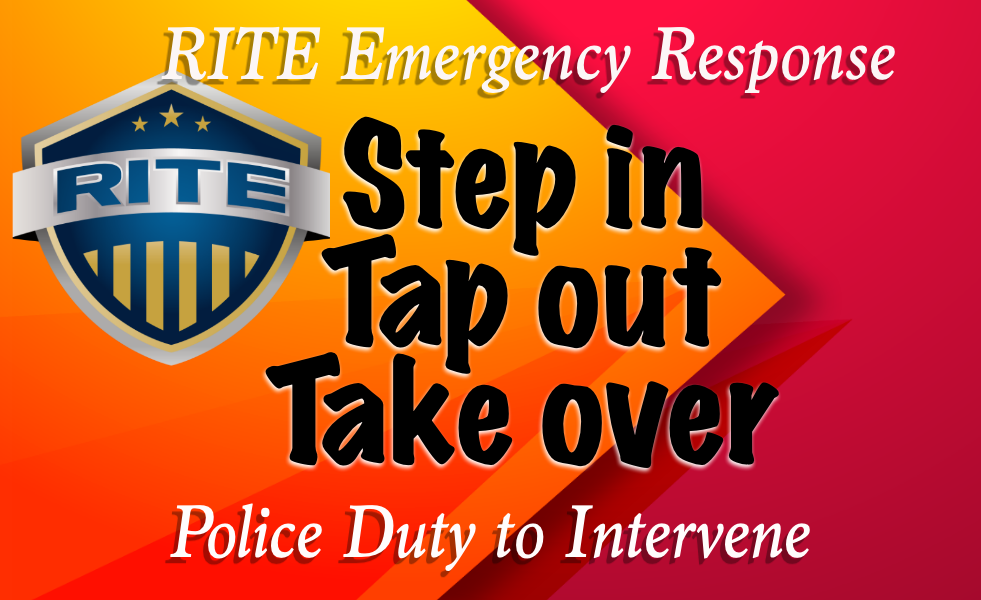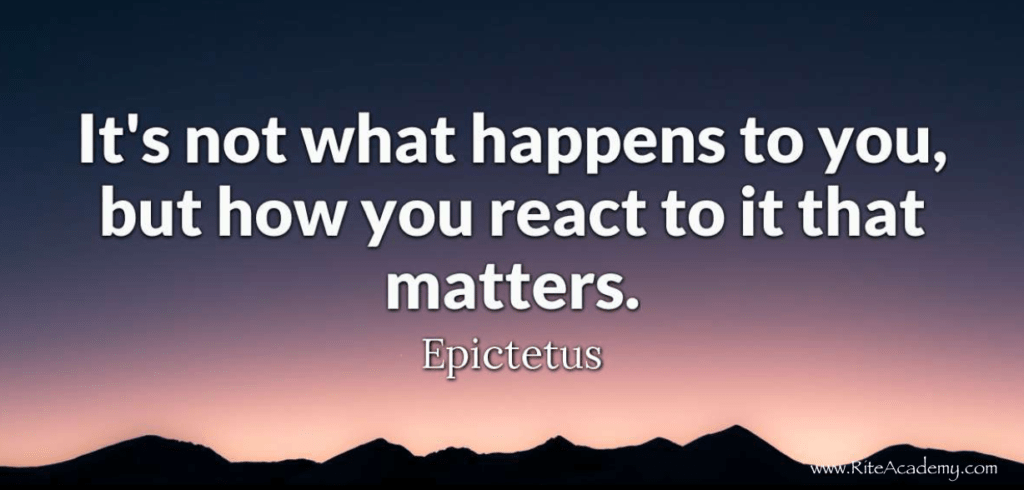2020 police conduct (and misconduct), is constantly evolving. Social media now plays a big part in communication between the agency and the community, and for the most part is a good thing. But with growth and the speed of social media, the community will often see a post before the agency is made aware of it…
“Your entire department can be judged by the community and the media, just on one officer’s inappropriate posting.“
Social media is a great vehicle for creating transparency and open communication between the agency and the community for which it serves… when done under proper protocol and guidelines. If you refuse to recognize or play by your agency’s rules, you will likely be part of the problem of breaking your oath to serve your community with bias-free engagement.
“Social Media Conduct exposing bias’s behavior has been a game-changer for police. The question is whether police executives are willing to address it with 2020 vision.” ~ Linda Webb
USA Today Article (June 2019), regarding Plain View – Police Officers Posting on Social Media, police departments were singled out, sending departments in reactive mode.
Has Your Agency Addressed Social Media Posting?
Facebook, Twitter, and LinkedIn are just some of the places to easily share photos, ideas, and opinions. But be careful what you post… what you post for public viewing extends past normal duty hours, to off duty, and even your personal social accounts.
No matter the social media site, if it is open for public viewing, everyone can read it, share it, form opinions, and even judge your content… The public will find it.
Taking a Blind Eye to Social Media Posting
 Police executives no longer have the liberty to take a Blind Eye, or Sweep under the Rug, the toxic employees who do not follow policy. The burden lies upon how well you continue to enforce, train, and educate your personnel on social media posting issues.
Police executives no longer have the liberty to take a Blind Eye, or Sweep under the Rug, the toxic employees who do not follow policy. The burden lies upon how well you continue to enforce, train, and educate your personnel on social media posting issues.
We all have the right to speak our mind based upon the First amendment of the constitution or ‘Freedom of Speech.’ For police this can be a double-edge sword, who may want to speak their opinions out loud but need to abide by agency code of conduct.
(6) Tips for Social Media Posting
If your agency hasn’t addressed protocols, here is a good starting point. How to avoid misconduct allegations and negative public perception – Click the Links to learn more
- Don’t Use Alias Names
- Political Posts
- Guilty by Association
- ‘Liking’ or Thumbs Up
- Friend-Tagging
- Cop-Talk Posting
- Don’t Use Alias Names – Using fake accounts to hide your identity so you may openly post bias material on social media. The public will find it.
- Political Posts – Expressing political support and affiliations may be construed as ‘bias-nature’ towards another political group. The public will find it.
- Guilty by Association – Questionable Group Photos – One person in the photo may use a sign or symbol that is associated with ‘bias-nature’. Being in the photo, makes you guilty by association. The public will find it.
- ‘Liking’ or Thumbs Up – Giving a ‘thumbs up’ (GIC or MEME) to a questionable bias photo or comment, can be problematic in the public eye. The public will find it.
- Friend-Tagging – If a friend ‘tags you’ (Your @name), in the comment section thinking you may like it, and the material may be construed as ‘bias’. The public will find it.
- Cop-Talk Posting – Bragging about an arrest or interactions you had in the course of your job as a public servant. Often using ‘cop-talk’ terminology that only police officers may use, that is ‘insensitive’ and non-empathic by public perception. The public will find it.
What to do?
If you had not had training on what your professional workplace culture is, it may be time to get it done. Today’s public service professional (that includes EVERYONE in your organization) needs to know your social media policy, and the do’s and don’ts of social media posting.
(5) Ways to Establish a strong Professional Workplace Culture for 2020
- Department-wide call-to-action to improve Professional Workplace Culture for all Ranks. ‘Building Value’
- Institute department-wide SOP (standard operating procedures) onprofessional workplace culture and social media posting.
- Conduct in-service training on professional workplace culture covering the latest terminology of ‘bias-based’ social media posting actions.
- Mindfulness Emotional Intelligence Tools, that uphold accountability for misconduct actions (i.e. use of profanity with the public, escalating police calls with un-necessary use-of-force).
Note to Leaders: Issuing ‘Emotional Intelligence TOOLS’ is as important as a taser or firearm, stressing the importance controlling emotions.
- Zero tolerance for misconduct within your agency – All Ranks need to be held accountable
Be proactive with the latest terminology involving social media conduct that displays professional culture for your police personnel
RITE’s Professional Workplace Culture Training Program Addresses:
- Workplace Harassment
- The Entitlement Complex
- Rumors and Gossip
- Mental Looping & Negative Banter
- Implicit Bias, & Hot Buttons
- Improper Social Media Posting
- Use of Profanity – Today’s policing
- De-escalation Communication
- Block-out Syndrome
- Servant Policing – Building Community Value
RITE PDF INFO – Click Here
About RITE – RITE Academy provides Professional Workplace Training that includes take away tools to help improve communication and inside and outside the department.
Take steps in the upcoming 2020 year to strengthen your professional workplace culture standards, accountability protocols with RITE Training. For private classes where we come to you… Contact us below.
